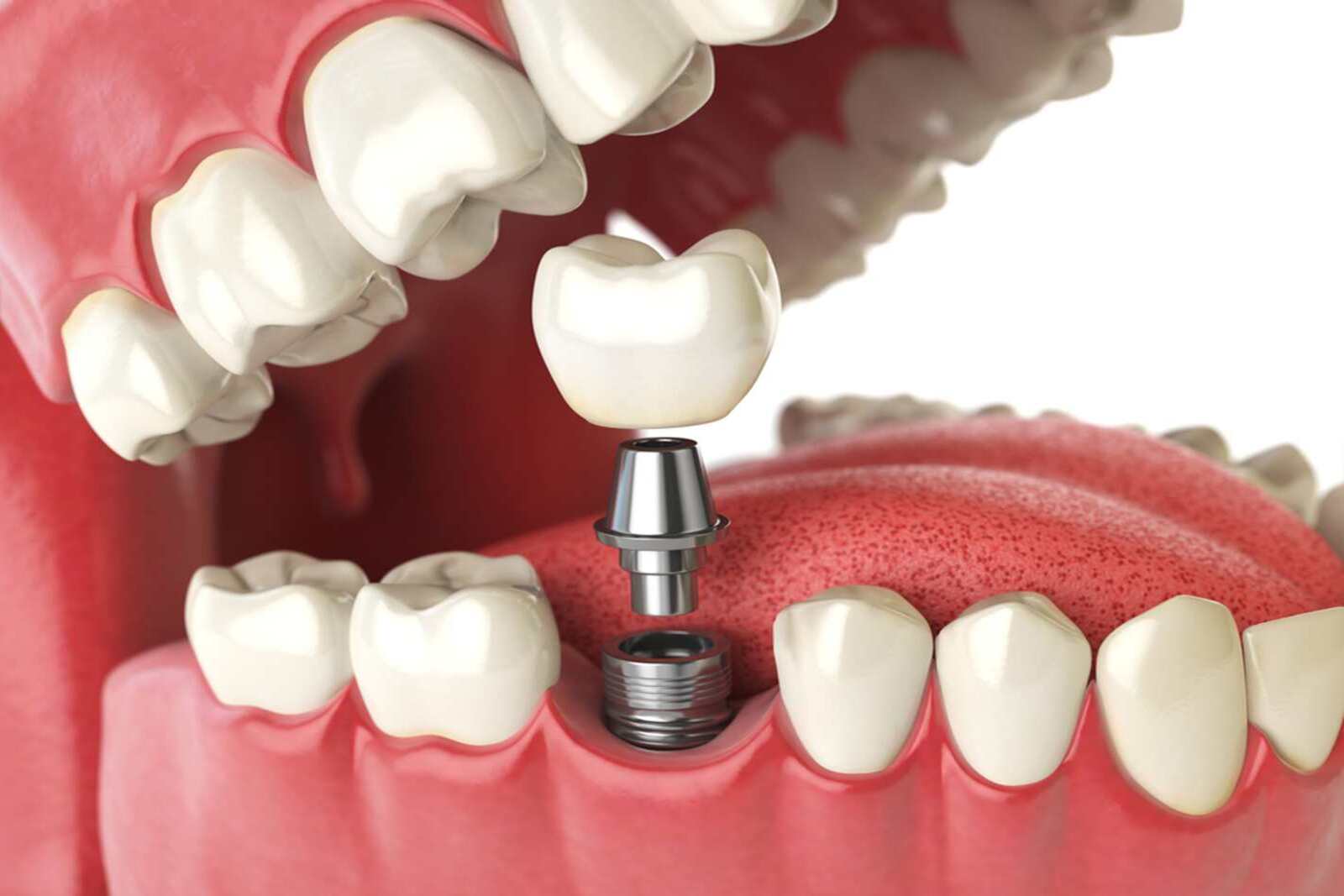Are you looking for a permanent solution for tooth loss? As the staff at your dental office in Dearborn will explain, you’ve more than one option. Here’s one piece of advice we can offer as you sort through the advantages and disadvantages of each alternative — start from the bottom and work your way up. Here’s what we mean. When they think of replacing lost teeth, too many people think just of the teeth.
We understand why. After all, the teeth are the visible part of what was lost, and the gap left behind is obvious. But the roots of those missing teeth are missing, too. And how you navigate the loss of the support and stimulation those roots offered is key to an effective and lifelong solution for tooth loss. When you consider the options for replacing teeth from the perspective of replacing the entire tooth — root and all — the best alternative is quickly clear: Dental implants. Here are seven reasons to consider getting dental implants in Dearborn.
Implants are most like your own teeth. Implants work almost exactly like your natural teeth, being that they are anchored directly in your jaw as opposed to floating on your gums like dentures.
Implants are a lifelong solution. Over several months after your implant surgery, the titanium posts fuse completely with your jaw bone tissue. Unlike bridges or removable dentures, there are no wearable parts or negative effects on natural gum tissues or teeth structure.
Implants prevent bone loss. Losing teeth means losing bone density and mass in your jaw because no tooth roots are present to stimulate bone tissue growth. Titanium roots play that part precisely as your original tooth roots did. What does that mean? It means the bone loss will be halted and, better than that, reversed.
Implants require no alterations to other teeth. Using a bridge to replace multiple adjacent missing teeth requires altering healthy teeth on either side of the gap to accommodate a crown. Removing enamel to accommodate that crown weakens those teeth and leaves them vulnerable to damage and decay. Replacing those missing teeth with implants requires no alterations to any other teeth.
With implants, you can speak and eat normally. Dentures change how you eat and speak because they change the shape of the interior of your mouth and because dentures lack the foundational support offered by tooth roots. Implants occupy precisely the same volume in the same location as your original teeth while benefiting from the support of titanium posts bonded with your jaw. All this means you’ll be able to eat, speak, laugh and even sing without compromise or sacrifice.
Implants don’t slip around. Dentures have come a long way, and there’s no denying it. As far as they’ve come, though, they still rest on top of your gums without any underlying support except what is provided by suction or adhesive. There will always be times when you’re eating or laughing uproariously or singing enthusiastically when your dentures will slip. You’ll quickly become accustomed to that and will develop strategies for dealing with it. With implants, though, it’ll never happen.
Implants are predictable. By that, we don’t mean that implants are boring. You can count on the performance of implants from the very first day because they work precisely like natural teeth. You’ll experience no surprises requiring accommodation or compromise, and you won’t face the future risk of bone loss or changing face structure that denture wearers often have to face over time.
Is getting dental implants near you the right choice in your circumstances? Answering that question involves more than online research. Contact a dental office near you and make an appointment to ask that question directly. Give the staff at Royal Dentistry a chance to answer any questions you may have.

